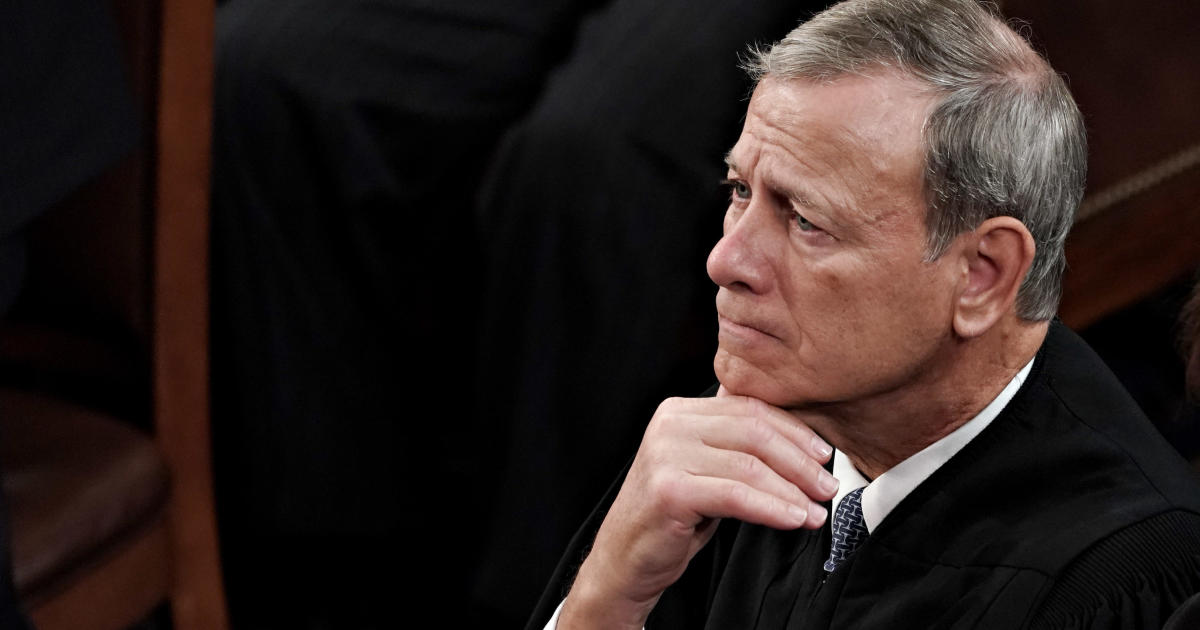Key takeaways:
- Chief Justice John Roberts declined an invitation from Senate Judiciary Committee Chairman Dick Durbin to testify on May 2.
- Roberts cited the importance of preserving judicial independence and separation of powers concerns as reasons for declining the invitation.
- The Supreme Court has been under scrutiny for its ethical standards in recent months, and Roberts’ decision to decline the invitation is likely to add to the controversy.
The Chief Justice of the United States Supreme Court, John Roberts, has declined an invitation from Senate Judiciary Committee Chairman Dick Durbin (D-Ill.) to testify before the committee on May 2. This comes after a series of reports on fellow Supreme Court Justice Clarence Thomas raised concerns about judicial ethics.
In a letter sent to Durbin on Tuesday, Roberts cited the importance of preserving judicial independence and separation of powers concerns as reasons for declining the invitation. Durbin had asked Roberts or “another justice whom you designate” to appear before the committee to answer questions about ethics rules and potential reforms.
The revelations about Justice Thomas’ close ties to a billionaire Republican donor have “contributed to a crisis of public confidence” in the nation’s highest bench, according to Durbin. Testimony before the Senate Judiciary Committee by the chief justice is exceedingly rare.
The Supreme Court has been under scrutiny for its ethical standards in recent months, with several justices facing criticism for their alleged misconduct. Roberts’ decision to decline the invitation from the Senate Judiciary Committee is likely to add to the controversy surrounding the court. It remains to be seen how the committee will respond to Roberts’ decision and if any further action will be taken to address the ethical issues raised by the reports on Justice Thomas.



Be First to Comment